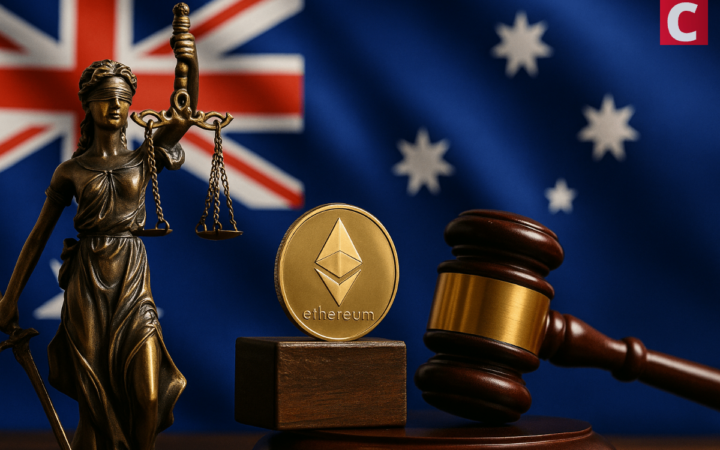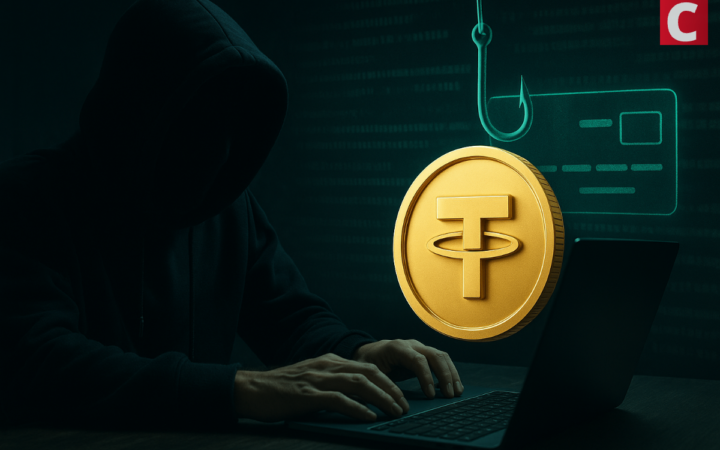
Darya is a crypto enthusiast who strongly believes in the future of blockchain. Being a hospitality professional, she is interested in finding the ways blockchain can change different industries and bring our life to a different level.
Dong He, deputy director of the IMF’s Monetary and Capital Markets Department, published an article where he suggested that crypto assets may reduce demand for central bank money and proposed central banks create their own digitized assets.

Сentral banks need to make fiat currencies “more attractive for the digital age” in order to fend off any potential competition from cryptocurrencies. Such a suggestion was made by Dong He, a deputy director for the International Monetary Fund’s Monetary and Capital Markets Department.
On May 31, Dong He published an article in which he stated that crypto assets may one day reduce demand for central bank money and suggested three ways for central banks to compete with cryptocurrencies.
“Central banks should strive to make fiat currencies better and more stable units of account,” he said. Dong He refered to a speech of IMF Managing Director Christine Lagarde at the Bank of England last year, in which it was stated that “the best response by central banks is to continue running effective monetary policy, while being open to fresh ideas and new demands, as economies evolve.” and stressed the role collective expertise and experience play in monetary policymaking.
The deputy director suggested that tightening regulation could provide a boost for central banks.
“Government authorities should regulate the use of crypto assets to prevent regulatory arbitrage and any unfair competitive advantage crypto assets may derive from lighter regulation,” Dong He wrote. He explained that it means “rigorously applying measures to prevent money laundering and the financing of terrorism, strengthening consumer protection, and effectively taxing crypto transactions”.
To continue making their money attractive for use as a settlement means, central banks could become user-friendly in the digital world by issuing digital tokens of their own to supplement physical cash and bank reserves. “Such central bank digital currency could be exchanged, peer to peer in a decentralized manner, much as crypto assets are,” the article states.
Earlier, IMF officials criticized cryptocurrencies and suggested they be more thoroughly regulated. Christine Lagarde stated that regulation of cryptocurrencies is “inevitable” and necessary on an international level, focusing on regulating “activities” over “entities.” In March, Lagarde said that crypto markets must be regulated by the same laws that apply to traditional markets.
According to Dong He, central banks can benefit from the underlying technology of crypto assets. It can be acheived by improving central banks’ forecasts using big data, artificial intelligence, and machine learning.
“Central banks must maintain the public’s trust in fiat currencies and stay in the game in a digital, sharing, and decentralized service economy,” the article states. “They can remain relevant by providing more stable units of account than crypto assets and by making central bank money attractive as a medium of exchange in the digital economy.”

Darya is a crypto enthusiast who strongly believes in the future of blockchain. Being a hospitality professional, she is interested in finding the ways blockchain can change different industries and bring our life to a different level.




